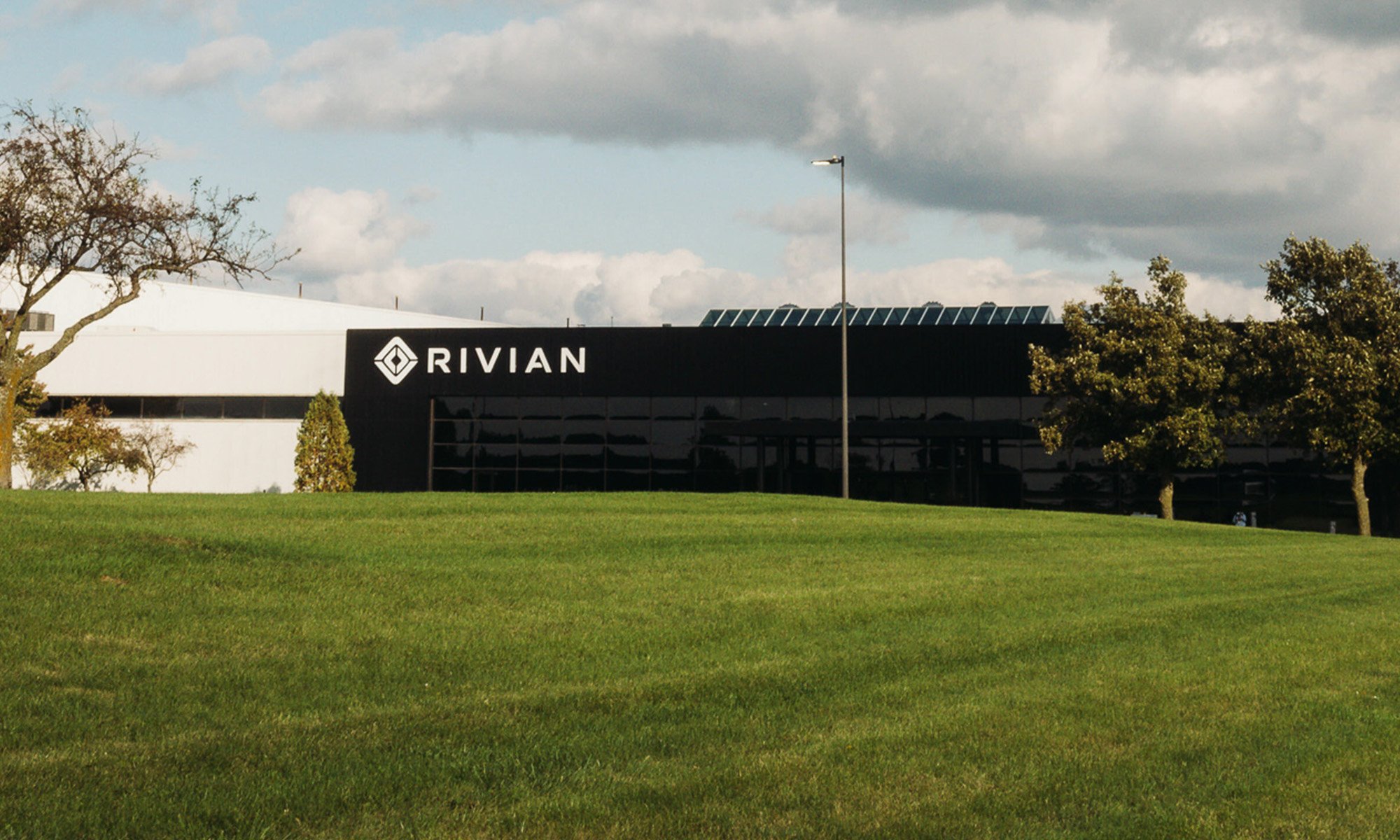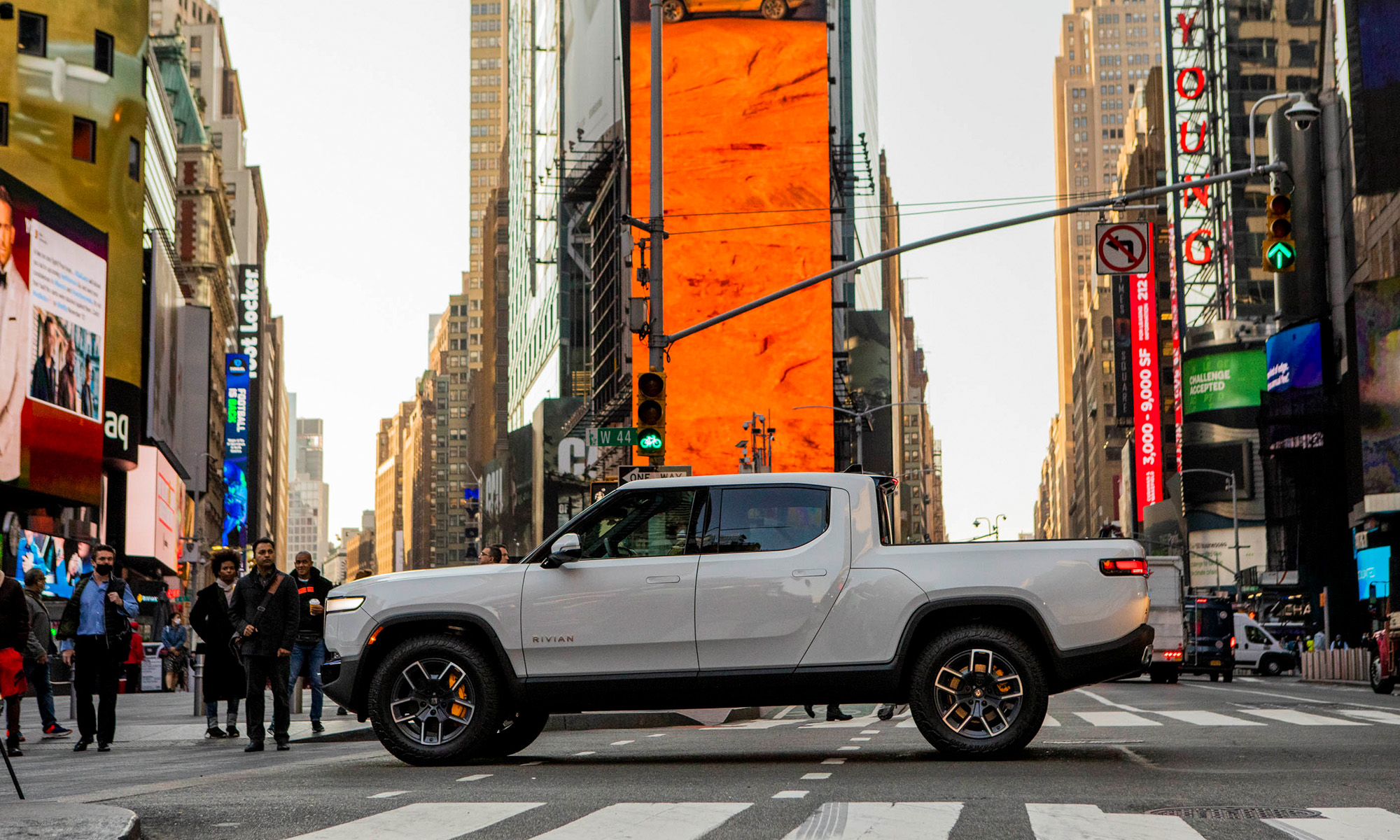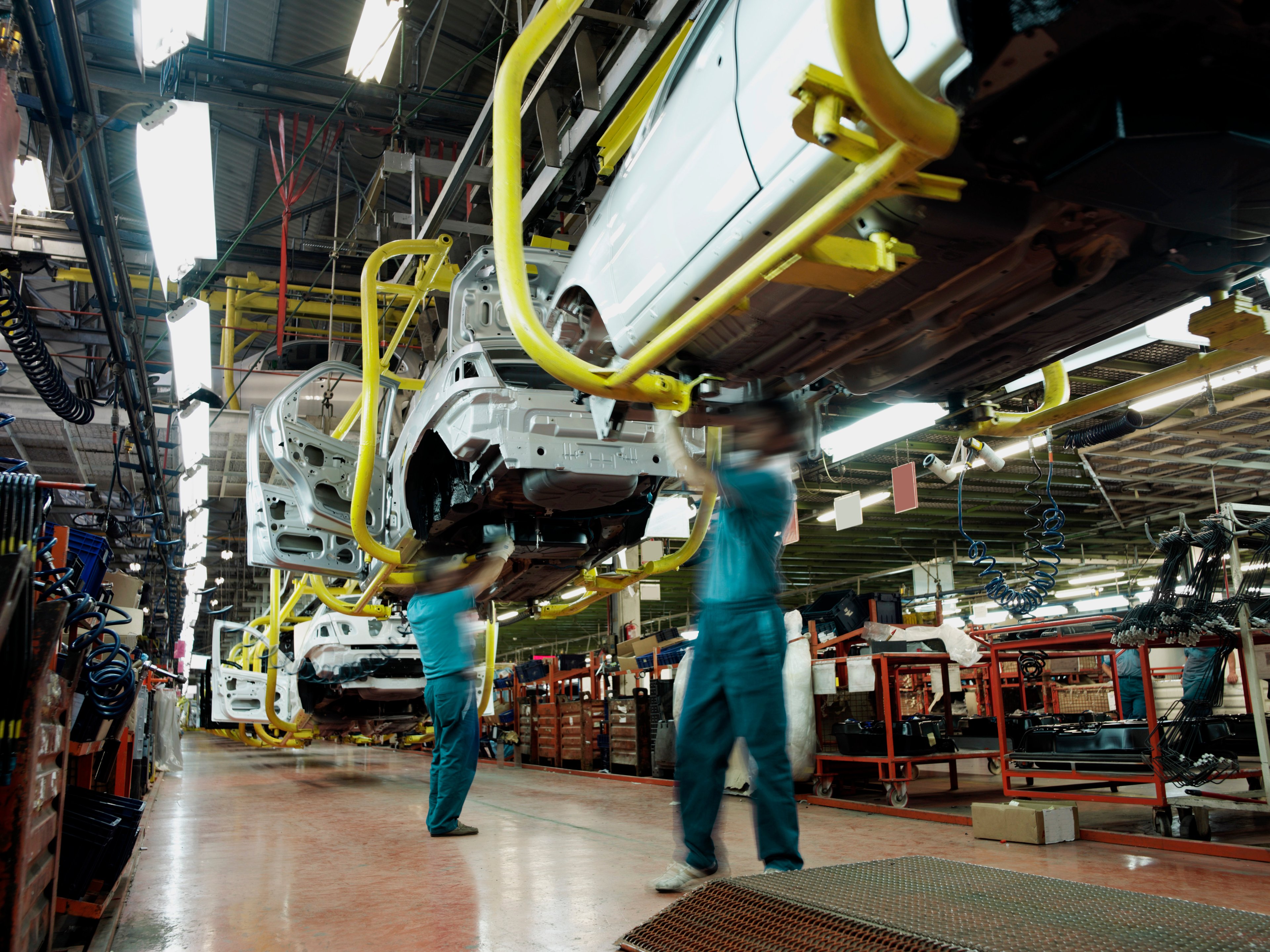Rivian (RIVN +12.11%) won the attention of investors when it went public back in 2021 at a time when investors were giddy about electric-vehicle (EV) stocks and low interest rates made car buying more affordable than today. Fast forward a few years, and high interest rates have dampened EV demand. Many investors have fled EV stocks, and Rivian's share price has fallen 89% since its initial public offering (IPO).
Rivian is facing unique hurdles in the EV market, but I think it also has a significant opportunity. Here's the case for this EV-maker (and why I'm not selling my current position).
Rivian's rocky ascent
There are a handful of difficulties Rivian is facing right now including flatlined production, high costs, and a general slowdown in EV sales. While Americans are buying more EVs than they were over the past few years, the growth is slowing. In the first quarter of this year, EV sales were up just 2.6% year over year but down 15% sequentially, according to Cox Automotive data.

NASDAQ: RIVN
Key Data Points
There are a lot of reasons for this, and not everyone agrees which is the most important. In general, contributors include high interest rates, the mostly higher selling cost for EVs (compared to hybrid and gas-powered vehicles), and the lack of charging infrastructure.
All of this has likely impacted Rivian's flatlining production. The company's vehicle production reached 57,232 last year, and Rivian says it will produce just 57,000 vehicles again this year. Flat year-over-year production isn't what you want from a young automaker.
Finally, Rivian continues to lose money on the vehicles it sells. The company had $4.43 billion in revenue in 2023 and an operating loss of $5.74 billion. Rivian recently cut the prices of its R1T and R1S, which could make it more difficult for the EV maker to narrow its losses.
The case for Rivian
Now for some good news. Even as some consumers have given EVs the side-eye, Rivian's vehicle deliveries increased by 71% year over year in the first quarter to 13,588. That's an impressive gain, considering the company's vehicles don't qualify for the full EV tax credit and auto loan interest rates averaged 7.8% in the first three months of the year.
Importantly, Rivian has also made a number of moves to get its costs under control as it works to narrow its losses. The company has made several rounds of layoffs, which are very unfortunate for its employees but will help reduce costs.
Rivian then shifted production from its planned factory in Georgia and focused production at its existing Normal, Illinois plant, at a cost-savings of $2.25 billion. The company even shut down the factory for six weeks to retool it with more robots to increase production efficiency.

Image source: Rivian.
Rivian also re-engineered much of the internal systems of its R1T and R1S to save costs. The result is less wiring and fewer electronic control units (ECUs), resulting in thousands of dollars in cost savings per vehicle. The company also made changes to some of its battery packs to lower their costs by thousands, according to Rivian CEO RJ Scaringe.
Rivian's leadership recently said that cutting out steps in the production process and removing unnecessary parts resulted in a 35% reduction in material costs for its vans and a reduction of a "similar magnitude" for its truck and SUV lines, according to Reuters. These changes won't make Rivian profitable overnight but show that the company's leadership has identified the company's costs as a problem that needs to be solved and is taking steps to move in that direction.
Should you buy Rivian stock?
I own shares of Rivian and am in it for the long haul. I expect a young EV start-up to have significant losses and its leadership to work hard at closing the gap, which it seems to be doing. Its current price-to-sales ratio of 1.9 may be higher than some investors like, but it's far below Tesla's 6.7 and fellow EV start-up Lucid's 8.8.
I'm also optimistic that Rivian has driven consumer demand and created a satisfied customer base. Rivian currently sits at the top of Consumer Reports' satisfaction chart among car brands -- not just EV cars, but all car brands. It's the only brand to receive a perfect 5 out of 5 rating right now, with 86% of buyers saying they'd buy another one.
If you want a guaranteed, slam-dunk electric vehicle investment, Rivian isn't it. But if you're optimistic about the future of EVs and you're betting (just like I am) that there's room for EV start-ups to elbow their way into the room with established automakers, then Rivian's stock should be on your short list.





